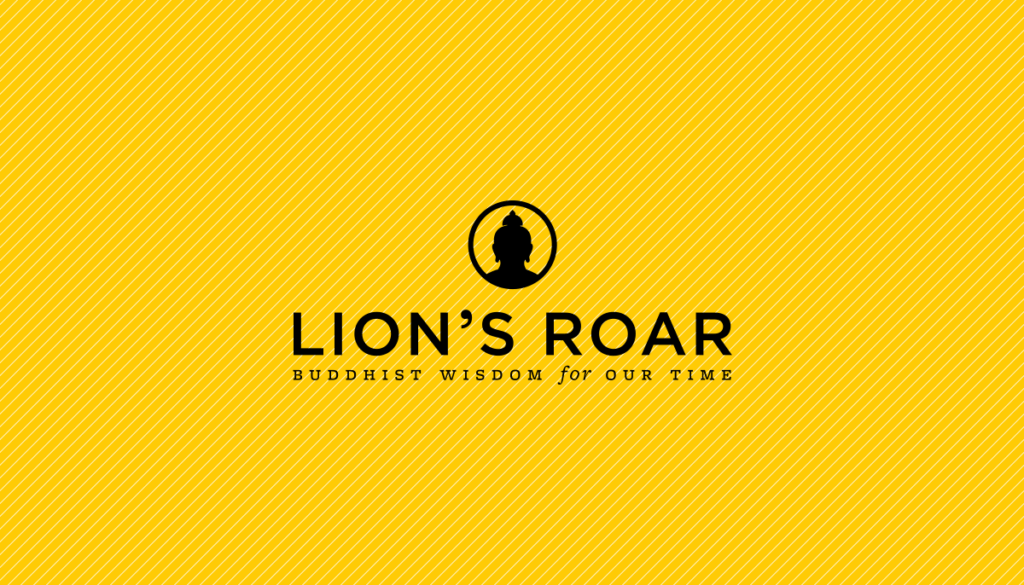As potent as narrative truth can be, says Barry Boyce, narrative falsity is just as potent. So don’t believe your own press releases.
Once upon a time people started telling stories, and they haven’t stopped since. Human experience, like an infinite series of Russian dolls, is all stories all the way down. Physicists tell one kind of story. Theologians and historians tell another. Skater punks tell still another. Truth in storytelling is so relative that when we pass on a story that is deeply meaningful to us, we are usually guilty, the post-structuralists would tell us, of “intentional fallacy”: we believe our story has to mean precisely what we want it to mean. Alas, once we tell it, people can do with it what they will. Mythology is not simply a compendium of tales from ancient cultures. It’s happening all the time. It is the context we create for everyday life to take place in. We’re making it up as we go along.
That’s why we love stories so much. We need them to get along and to connect with other people. It’s what we do with each other, breakfast, lunch and dinner. When the earliest people huddled around the fire, I’m sure they didn’t give the prehistoric version of a PowerPoint presentation. They waxed episodic.
I felt like I was gathered around that ancient hearth in the cave when I went to my mother’s ninetieth birthday party. A reunion in the truest sense of the word, it brought together people of all ages from all over and lasted the better part of an entire day. Most of it was stories, with food and drink the mere fuel to bring on more stories. People got up and told stories about my mom and she replied in kind. There were happy stories. My brother Brian remembered how he bashed up his nose when my mother was hustling her four young boys out the door to school—and how special he felt when she took him home from the hospital and treated him to whatever he wanted at the soda fountain. There were poignant stories, like the one my brother Bob told about how my mother’s smile was powerful enough that he could live on it for months on end when he went to prison for marijuana smuggling. My mother talked about how she and her best friend Lorraine recoiled in horror after their first day at a rural Catholic college. It looked to be a continuation of their twelve years of parochial school, so in the first act of rebellion of two proper Catholic schoolgirls, they fled for good after the first week. As various people sat with her and she told one story after another and listened in turn to those of others, my mother’s ninety years seemed one vast anthology.
When we meet others, we rely on story to create a binding factor. At the reunion, I met a cousin of mine for the very first time. He and I had lived to middle age without managing to meet each other. We’d heard each other’s names and rough biographical sketches but that was about it. We told each other our story, so that we can now say we know each other. Indeed, when we want to get to know someone, we want to know, “What’s your story?”
Narrative truth is a potent form of truth. When someone tells us the story of their life, we can become completely touched and open to them. Fictional stories and dreams have precisely the same effect; veracity does not seem to be a central component. If we are drawn into a novel or a fictional play or movie, the story that unfolds touches us and opens us to others as much as any true story. It can also crack us up or enrage us. Story moves us and makes connections. Story is the heart of epic poetry and song, opera, fable, the Bible, the Koran and the Mahabharata. Narration is every bit the food of daily life as bread and water.
And yet, there is a worm in the apple. For as potent as deep narrative truth can be, deep narrative falsity is just as potent. For all its richness and glory, myth and story is the very trap that enslaves us. When we believe our own storyline, as if it were a novel that will reach its climax and denouement in tidy fashion, we delude ourselves. We construct a solid version of reality in a three-act structure. We can also incorporate others into our grand narrative. We can foist on others our communal storyline—be it lebensraum, the White Man’s Burden, the Domino Theory or jihad—to disastrous effect. In the end, we live a mythical life, in the not-so-healthy sense of the word. We start to believe our own press releases.
Whatever you may believe happens after you die, it is probably not the end of the story. It seems very unlikely that you will simply luxuriate in some realm, endlessly retelling your story and listening to the stories of others. More likely your story will go on and on and on, changing beyond your capacity to keep track. There is no need to freeze the story, as if it is chiseled in rock for all time. Your story, my story, every story is “full of sound and fury,” yet “signifying nothing.” The End.
